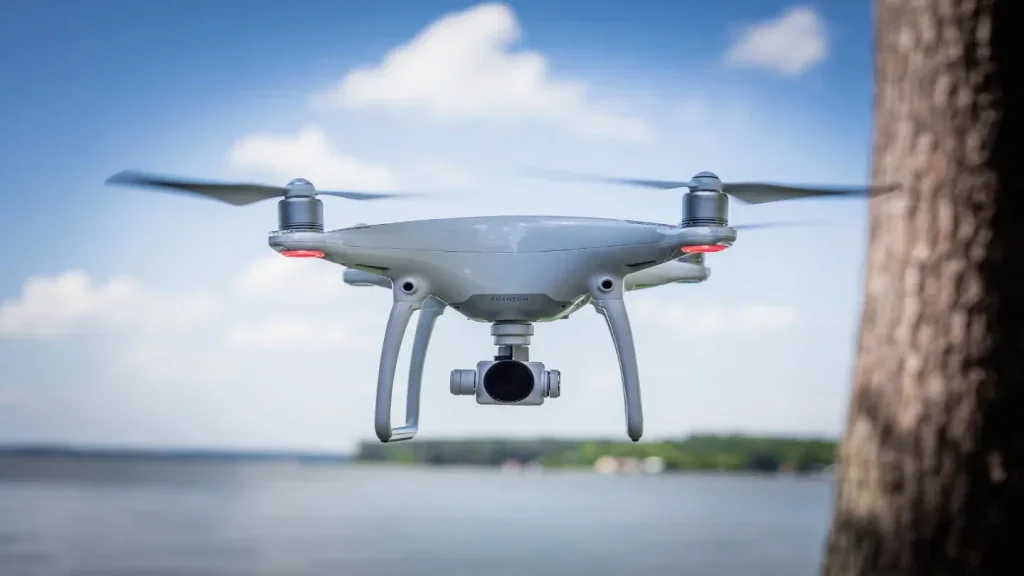All articles by
Food for thought
Airport food and beverage (F&B) is a monumental business and there is plenty of room for waste. However, as airport operations continue to expand and passengers become increasingly environmentally aware, bosses are turning towards greener policies. Andrea Valentino talks to Jeremy Webb, aviation environmental programme manager at the Port of Seattle, and Ben Crowley, head of F&B at Heathrow, about how airports are making their F&B operations more sustainable – and how passengers have a crucial role to play too.
Worker drones
Stories of disruption caused by illicit drone activity have appeared regularly over recent months. However, despite the technical challenges their presence causes, legitimate drones have much to offer airport operations. Philip Hall, chair of the IEEE-USA Committee on Transportation and Aerospace Policy and CEO of RelmaTech, explains their benefits and how to coordinate drone activity with air traffic management.
Eye on efficiency
The implementation of satellite communication promises to have a significant impact across air traffic management systems, allowing for increased accuracy, security and efficiency. The European Space Agency (ESA)’s Iris Data Link Service (DLS) satellite system is now in its final stages of development. Andrew Barnett asks Paolo Burzigotti, acting Iris project manager at the ESA, about the technology.
Electric starter
Electric vehicles are emerging for a wide variety of airport operations, providing green credentials as well as efficiency. Grace Allen discusses strategies for their introduction and potential speedbumps along the way with Dave Lees, CEO of Bristol Airport, and Patrick Lammerding, deputy executive director of planning and development at Hollywood Burbank Airport.
Here to help
The most recent report by the UK Civil Aviation Authority shows that, while accessibility at airports remains a challenge for those with mobility issues or disabilities, provisions are rapidly improving. Nowhere is that more evident than Edinburgh, which has climbed from the bottom of the rankings to the top. Tim Gunn discusses the turnaround with Edinburgh Airport’s chief executive officer, Gordon Dewar.
Blue sky thinking
Our skies are set to become busier as passenger numbers continue to grow, and sophisticated and connected systems are required to keep everything flowing smoothly. Grace Allen talks to Melissa Matthews, acting manager of the FAA’s System Wide Information Management (SWIM) programme, on how to implement joined-up thinking across aviation, and the benefits the programme offers for airports and their users.
A united front
Martin Eurnekian, scion of an Argentinian business dynasty and CEO of Corporación América Airports, has recently taken on the mantle of chair of the Airports Council International (ACI) World governing board. In an exclusive interview, Eurnekian talks with Grace Allen about the challenges of meeting global demand for air travel at a time of critical importance for the industry, the value of collaboration to overcome disruption, and the role of the ACI in encouraging unity and providing leadership.
Capital gains
Airports can provide a traveller with their first impression of the city and culture they are visiting, but all too often fail to convey a sense of identity cohesive with their location. With London City Airport’s £480 million expansion and regeneration project well under way, Tim Gunn talks to director Neil Dillon and designer Kevin Patience about how the city’s most central terminal plans to make the most of its position.
Picture perfect
Airports are developing from transitional spaces to destinations in their own right, with breathtaking design marking some as must-see locations. Emily Moore hears from Jens Hassler of Munich Airport and Ivan Tan of Singapore’s Changi Airport on how they can be designed to supplant functionality with excitement and entertainment.
Stay in control
Recent events in the US have shone a spotlight on human factor issues in air traffic control. Joe Baker hears from National Air Traffic Services’ head of human performance, Neil May, and human factors expert Stefano Bonelli to examine the procedures that are in place to manage a controller who has become incapacitated, and how air traffic control service providers can ensure that their controllers are able to handle new sources of stress as technology develops.



